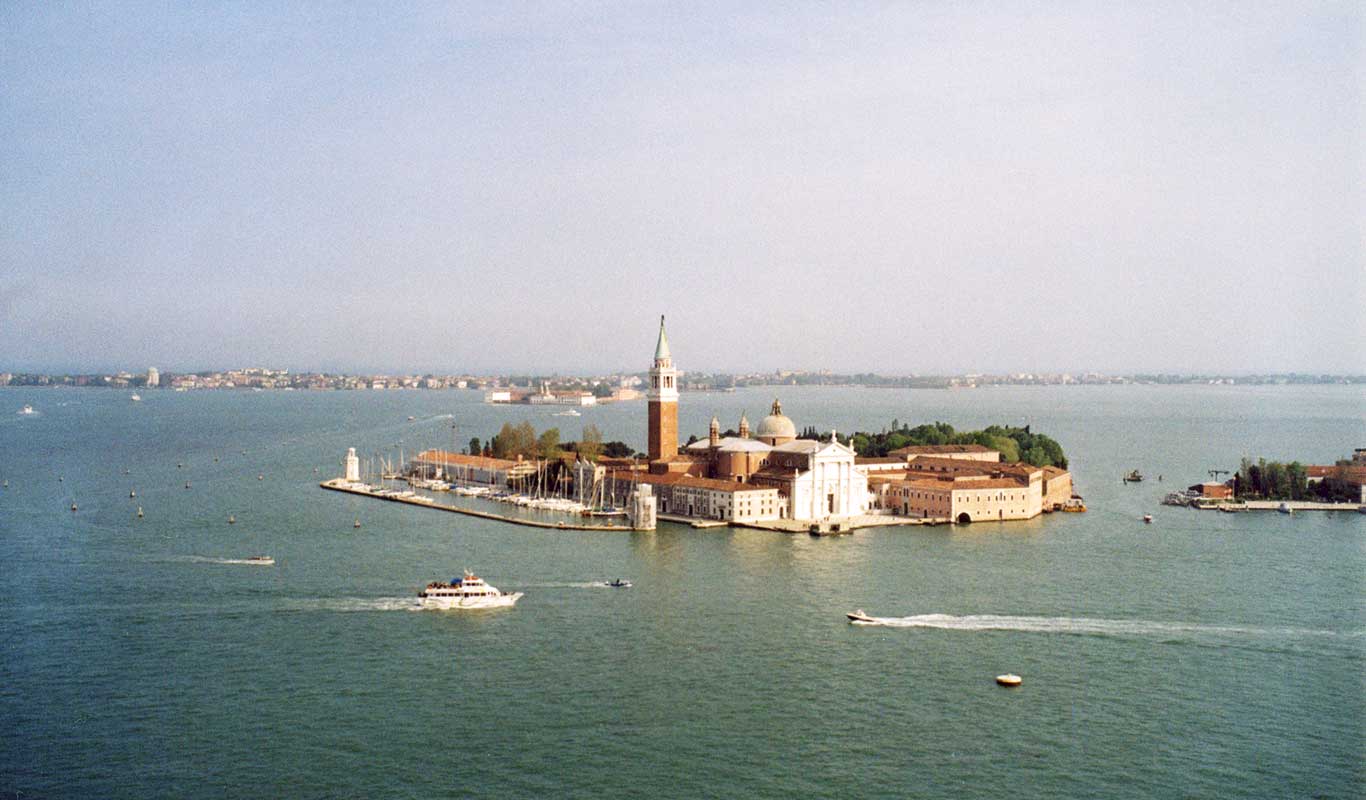Luigi Luca Cavalli Sforza

Luigi Luca Cavalli-Sforza, M.D.Pavia 1944, has worked on sex in bacteria and the origin of resistance to antibiotics, and beginning in the early fifties started research in human population genetics and evolution, showing the major role of random genetic drift, and the help the understanding of this evolutionary factor gives to the reconstruction of the evolutionary origin of human populations, using genetic data of a great variety of types, from blood groups to proteins and DNA (including mitochondria and of the Y chromosome, as well as microsatellites) which all gave coherent conclusions. He also introduced in the investigation of human evolution multi-disciplinary approaches, including linguistics, and showed the correctness of a statement by Darwin in his Origin of Species, that “if we possessed a perfect pedigree of mankind, a genealogical arrangement of the races of man would afford the best classification of all languages now spoken throughout the world”Â.
Human evolution between nature and culture.
Humans’ greatest difference from other animals is the importance taken by oral, and much later written and remote communication thanks to the development of a highly articulated language. We know very little about th early stages but our language must have been fully developed at the time a small East-African population began a long expansion Out of Africa that slowly but regularly settled the whole world, beginning some 60,000 years ago, and reaching the farthest point in South America more than 10,000 years ago, but the latest oceanic islands were occupied not long ago. It was caused and accompanied by many developments, part biological, like that of our brain, and becoming more and more often of “cultural” nature: basically the origin and spread of new ideas that took the place of genetic mutations in directing adaptations, especially for satisfying our needs in terms of the challenges offered by food, climate, parasites, etc. Thus cultural evolution started competing successfully with the slower biological one for many of our more common problems. Innovations that were proposed and accepted, however, generated also new challenges or opportunities to which natural selection responded, often constructively as many examples show. Thus the artificial environment we are creating around us, and the possibility of answering new challenges with inventions that can spread fast enough but have hidden costs , started causing an overall decrease of the need of responses by natural selection in human evolution, while increasing that need by other organisms whose environment and life was seriously altered b us, often in ways to which nature could not help them responding in time . It is not too surprising, therefore, that during the Out of Africa human expansion the fraction of observed differentiation due to natural selection is very small, compared with that caused by the other evolutionary factors, which unlike natural selection do not cause biological adaptation. Naturally, however, the evolutionary events, however determined, that affect probability of survival or fertility are still under the control of natural selection, which will always have the last word on the wisdom of our cultural choices.





